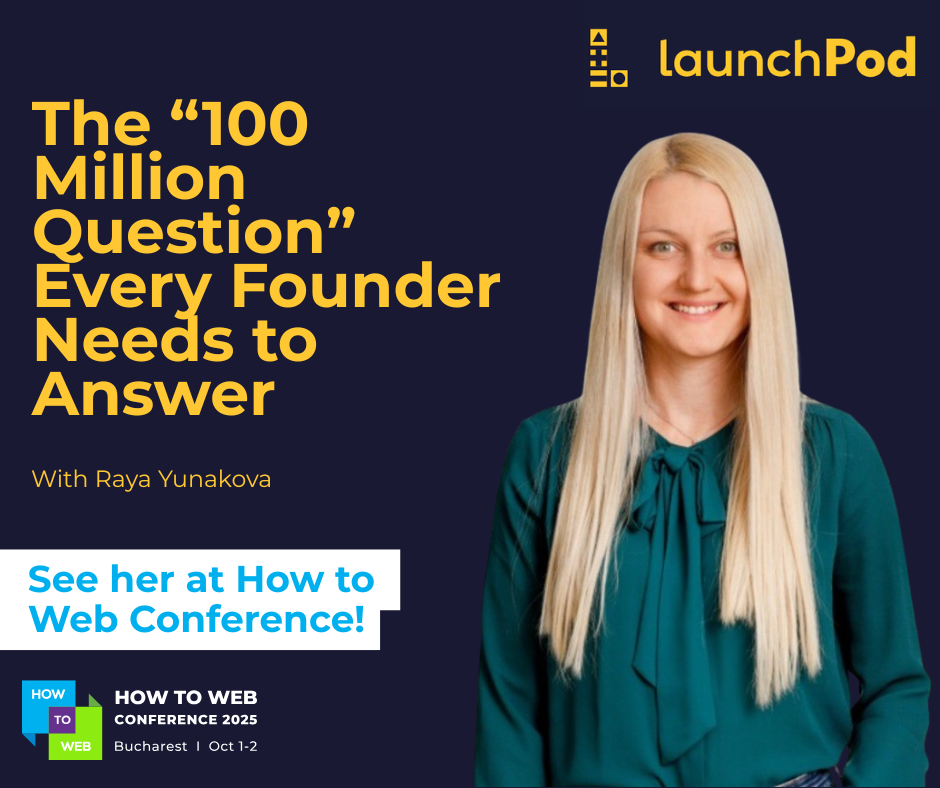
At almost every pitch, a founder hears it: “How do you get to $100 million in revenue?” For many early-stage teams, this feels like an impossible question. But as Raya Yunakova, Partner at LAUNCHub Ventures, explains, it’s not about precision forecasting — it’s about vision.
VCs use $100M as a benchmark because, with typical tech multiples, that translates into a $1B valuation. The real test isn’t whether your math adds up — it’s whether you can articulate a credible path to becoming a category-defining company. Founders who only talk in features or short-term wins miss the point. Investors want to see how your initial product connects to a bigger story: new products, expanded customer bases, new business lines.
“Whatever you answer, we know it’s guesswork at pre-seed,” Raya says. “What we’re really looking for is how you think about the path, and whether you understand your market deeply enough to see beyond version one.”
That depth of market understanding is what separates compelling founders from the rest. Raya emphasizes the importance of knowing not just your end-users, but the actual buyers — the people inside organizations who will push budgets, find internal champions, and decide to take a risk on you. Too many founders from Eastern Europe, she notes, lean heavily on product excellence but underestimate distribution and sales. “Build it and they will come” doesn’t work if no one knows you exist.
She speaks from experience. As a former founder, her own company succeeded not just because the product was good, but because they chased early users, got feedback, and convinced them to pay. “Clients are the best validation. Not VCs, not consultants — only paying users.”
One important thing.
Another recurring mistake in the region is underselling. Founders often set prices too low, hesitate to ask for money, or present themselves modestly. That humility, while culturally ingrained, becomes a barrier when building global businesses. “You need to know your worth and ask for it. Customers will happily pay if you solve a real problem,” Raya stresses.
The region has strong technical talent, grit, and a growing track record of unicorns and large exits. The next wave of founders is already more ambitious, she notes, because they’ve seen what’s possible. The missing link? Better storytelling and sales skills — the ability to make others see what you see.
And storytelling matters not only with customers but also with investors. If one partner at a VC says no, it doesn’t mean the whole firm has. “Sometimes half the team thinks an investment is brilliant while the other half thinks it’s idiotic,” Raya laughs. Founders should take feedback seriously, but not be afraid to re-approach a VC with new traction or even try a different partner in the same firm.
A piece of advice.
Her advice to founders boils down to a mindset shift: stop chasing external validation, stop hiding behind product perfection, and start proving your value in the market. “Do something that’s interesting for you and easy for you to commit to long-term — but make sure there are other people who care about it too,” she says.
The $100 million question is ultimately a test of clarity. Not whether you have a spreadsheet that stretches ten years into the future, but whether you can connect today’s small product to tomorrow’s category-defining company.
👉 Catch the full conversation with Raya Yunakova on LaunchPod and meet her live at How to Web Conference 2025.
🎟️ Grab your ticket: https://howtoweb.co
🎧 Listen to the full podcast episode here:
An initiative of Launch Romania powered by BCR with the support of Google and its founding partner How to Web and media partners start-up.ro.
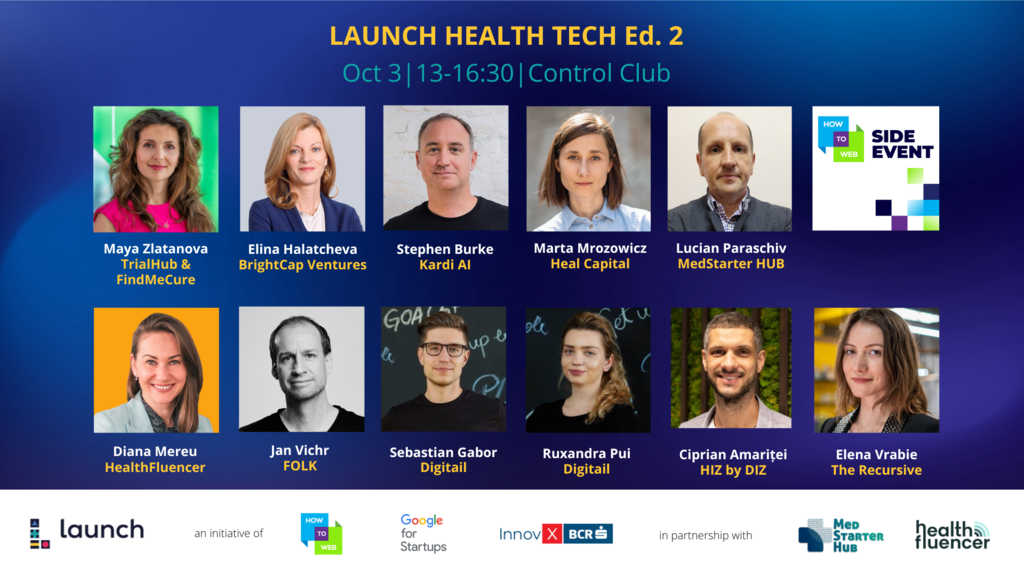
Press Release, September 13, 2023 After a successful first edition organised in May 2023, Launch […]
Citeste mai mult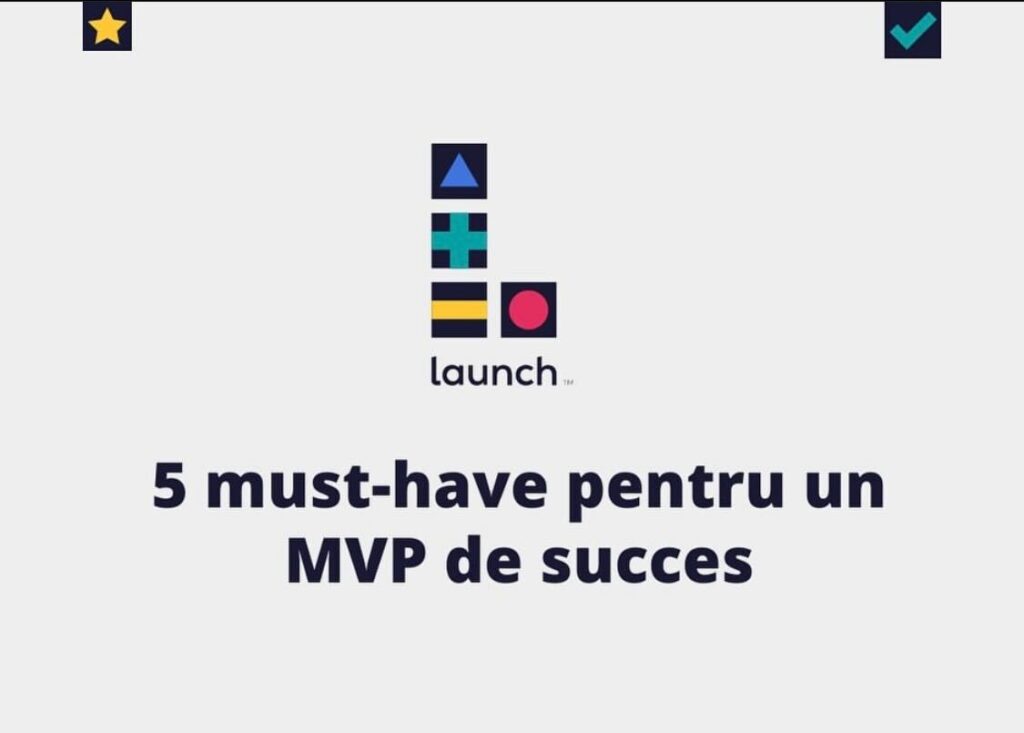
Ai o idee de business. Una în care crezi mult. Bun, bun, dar întrebarea e […]
Citeste mai mult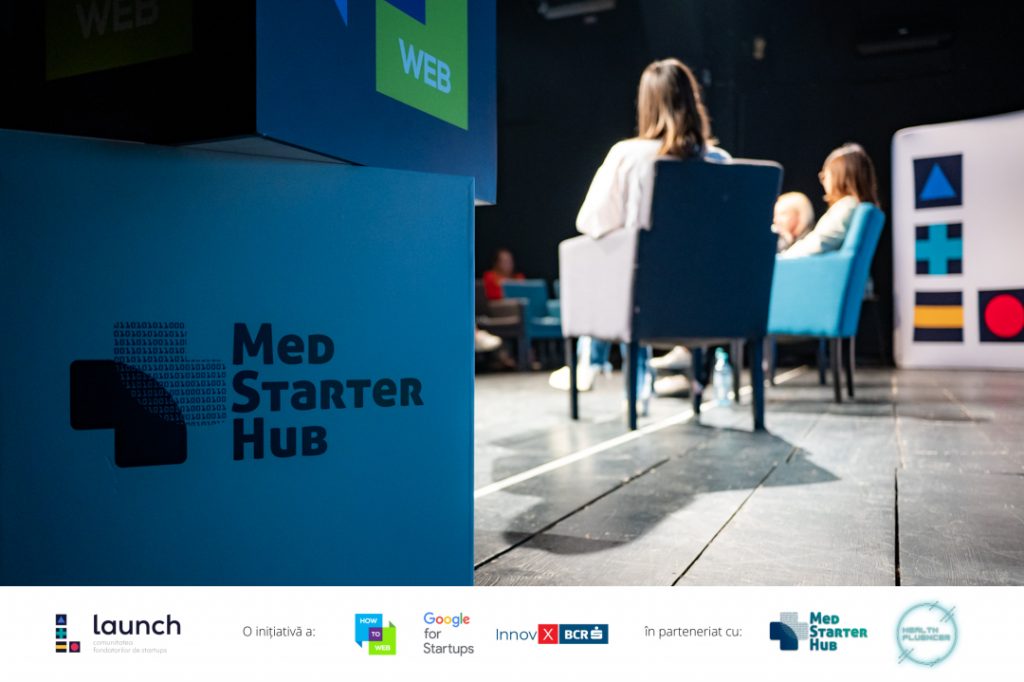
Comunicat de presă, 19 mai 2023 Două noi proiecte românești în industria de tehnologie pentru […]
Citeste mai mult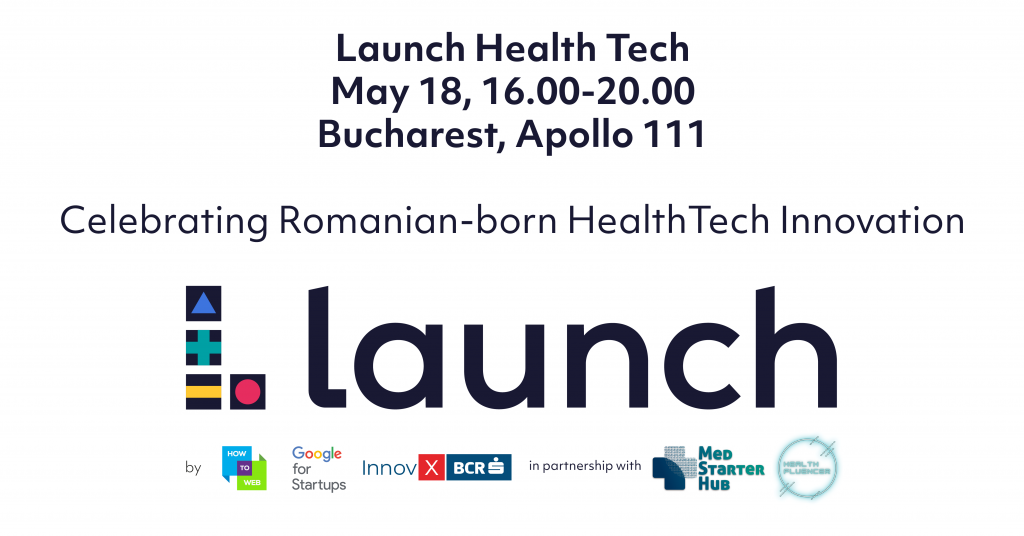
Comunicat de presă, 3 mai 2023 Launch Health Tech, primul eveniment dintr-o serie dedicată ecosistemului […]
Citeste mai mult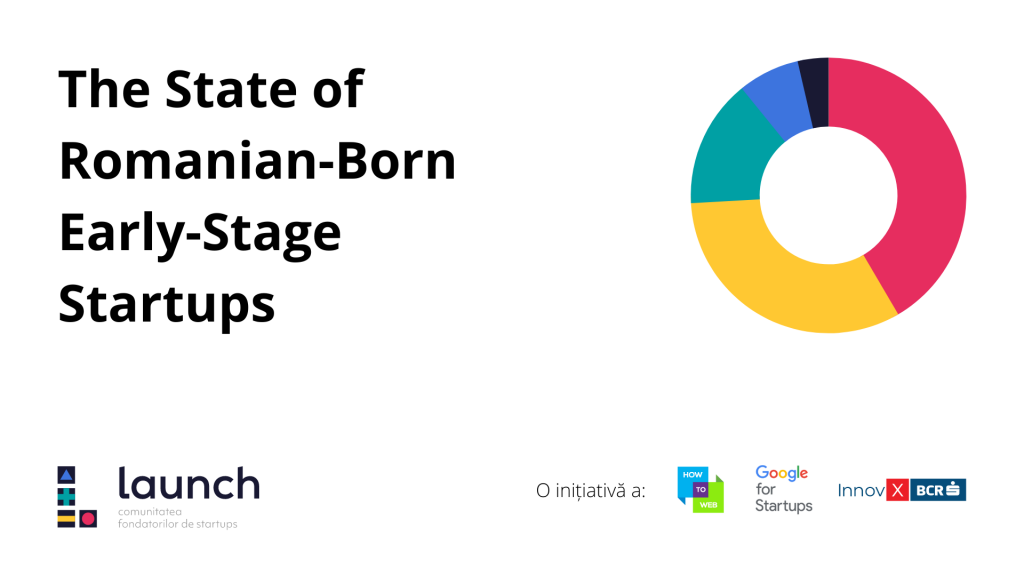
issued by Launch Community, an initiative of How to Web | Google for Startups | […]
Citeste mai mult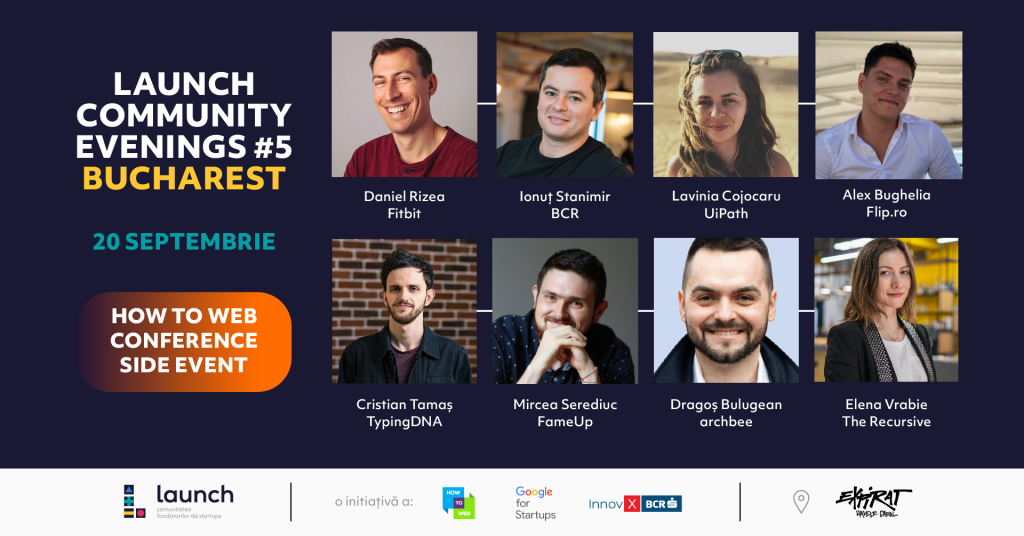
Scena locală de startup-uri, tehnologie și inovație se întâlnește pe 20 septembrie, înainte de How […]
Citeste mai mult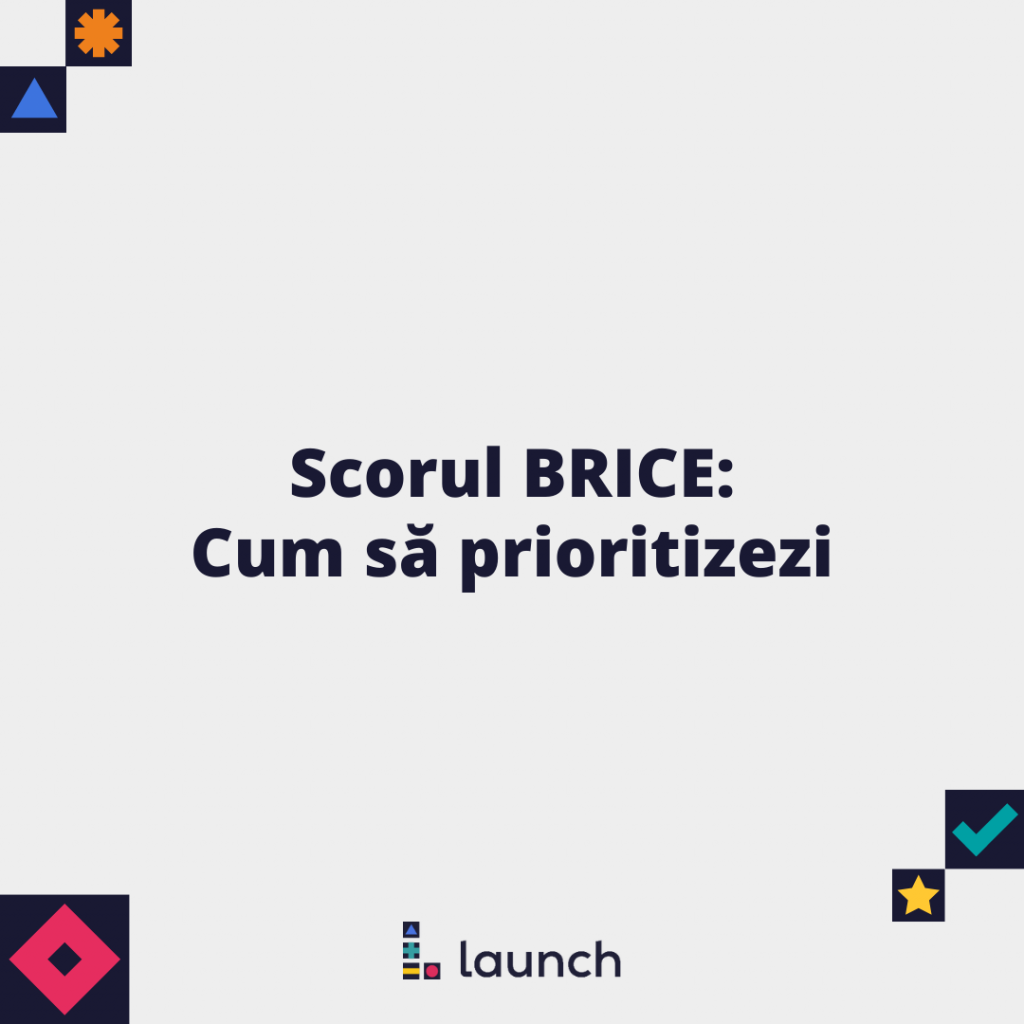
Scorul BRICE (găsești aici un template de framework) îți oferă un mod consistent de-a evalua, într-un mod obiectiv, viitoare sau potențiale dezvoltări de produs.
Citeste mai mult
Pirate metrics este printre cel mai cunoscut set de metrici și acronimul vine de la: Acquisition, Activation, Retention, Referral, Revenue.
Citeste mai mult
Lean Canvas răspunde unei nevoi cheie pentru startup-ul tău: aceea de documentare a planului pe care îl ai pentru acesta și, mai mult decât atât, te ajută să identifici asumpțiile majore pe care le ai.
Citeste mai mult
Pe lângă energie și entuziasm, într-un startup tech ai nevoie de un set de instrumente care să te ajute să dezvolți un produs de succes.
Citeste mai mult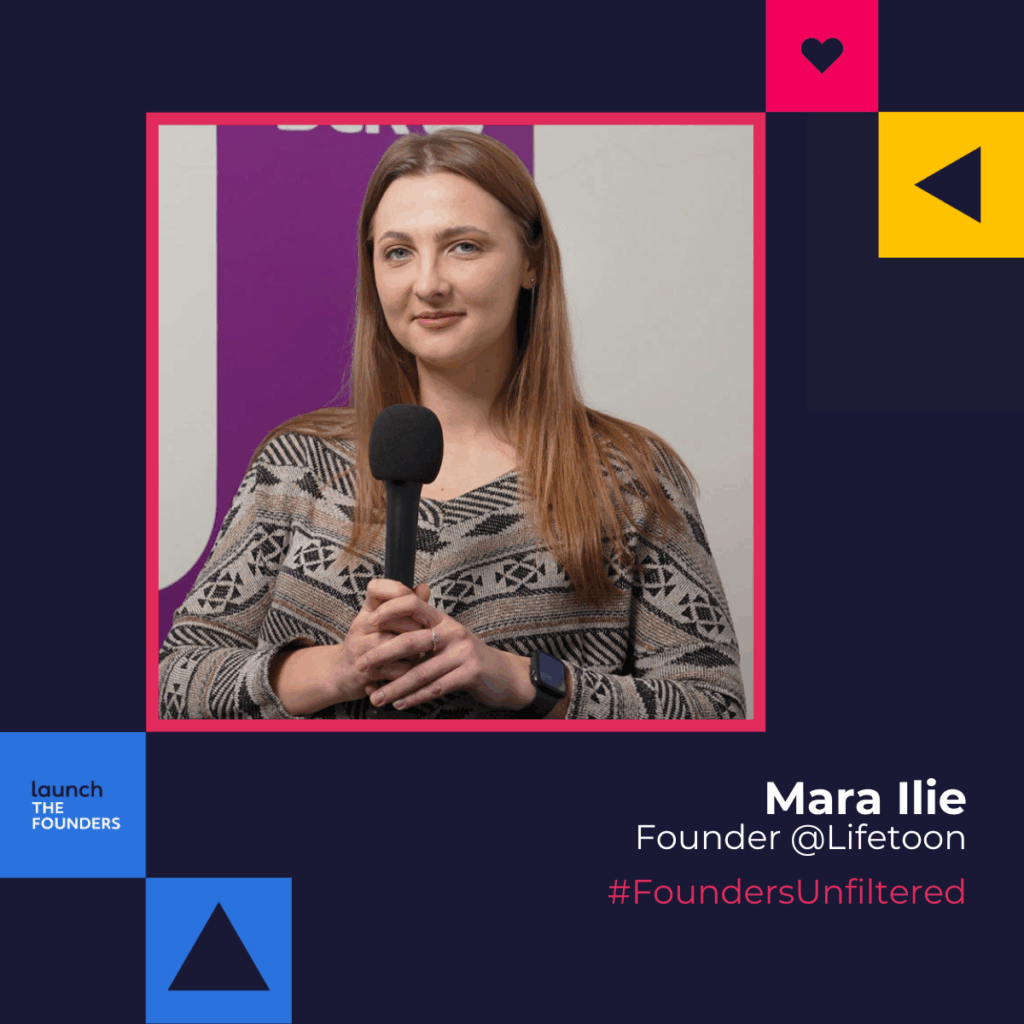
👋 Cine sunt eu și de ce scriu asta? Hey, Mara sunt, CEO & Co-founder […]
Citeste mai mult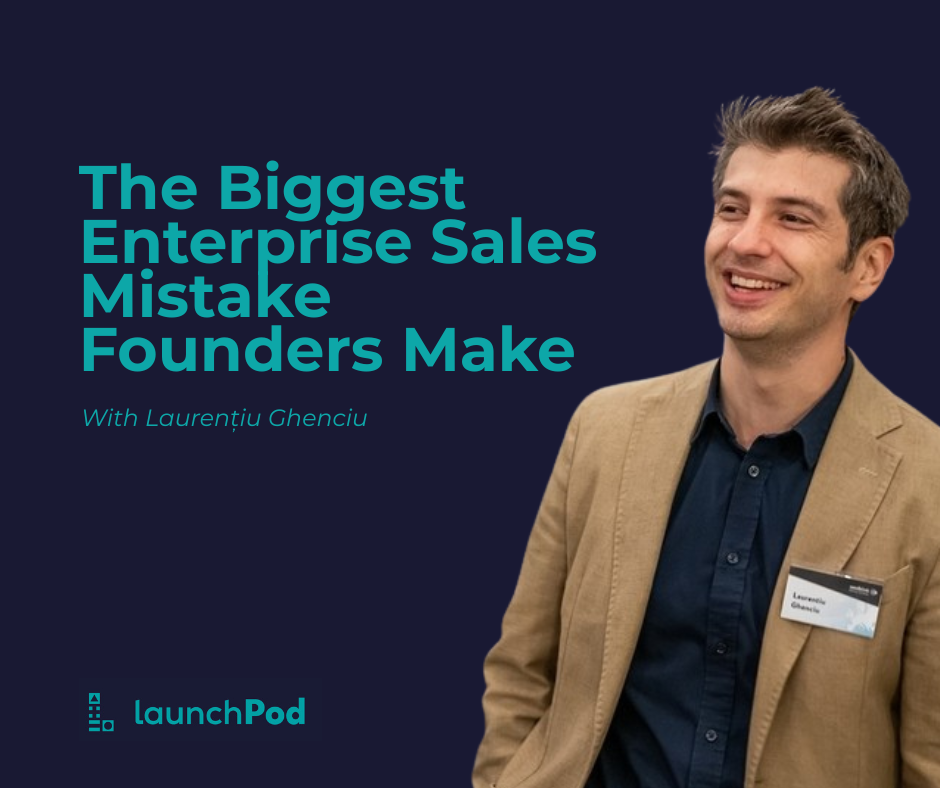
For many founders, moving into enterprise sales feels frustrating.You have a solid product, good conversations, […]
Citeste mai mult